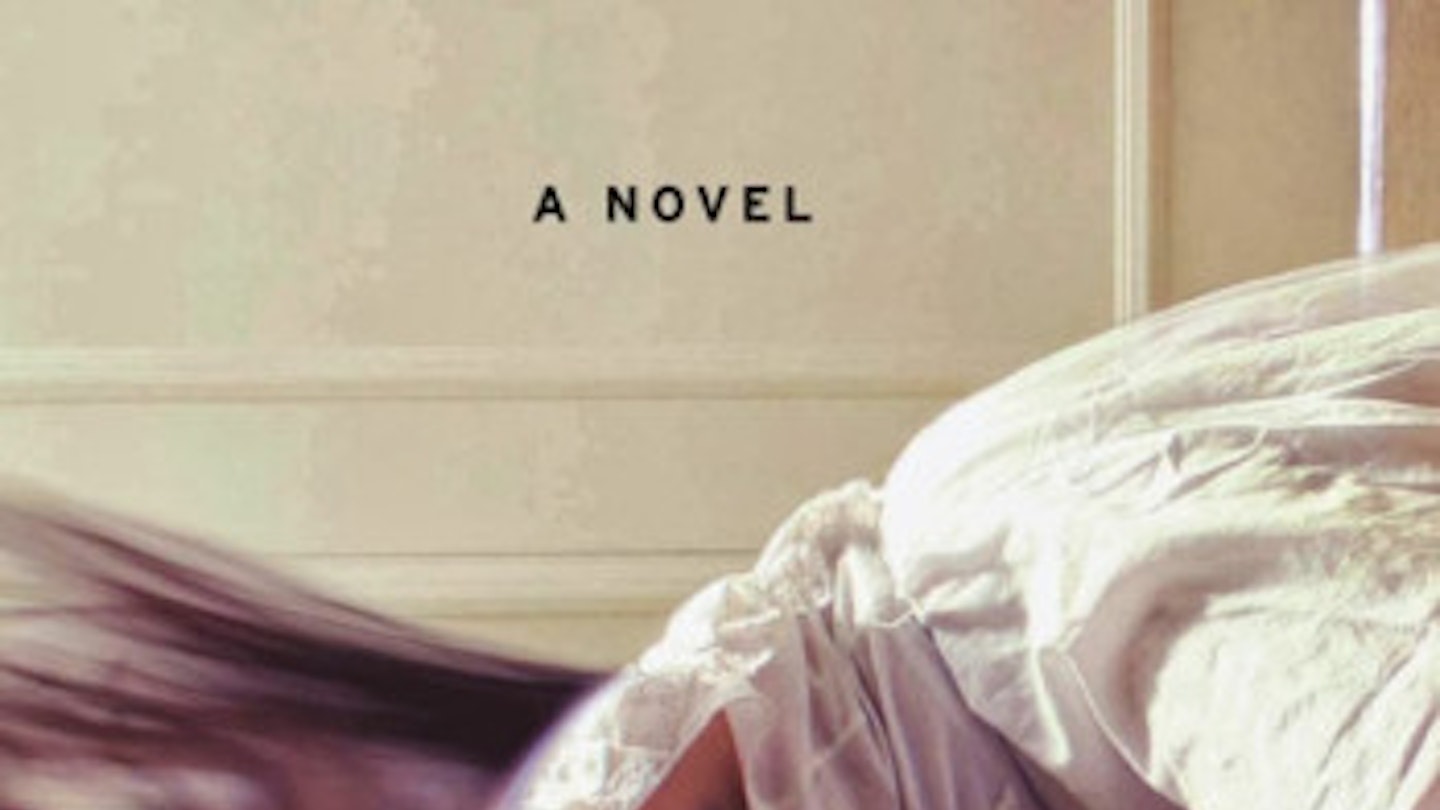You probably remember Megan Abbott from 2012's Dare Me, the nail-biting crime thriller focussed on a high school cheerleading squad.
Now she's back with her new book The Fever which is inspired by the strange incidents that occured in 2011 in Le Roy, New York. You might remember the case - Channel 4 made a documentary on the subject – the small town found itself under intense media scrutiny when it emerged that 13 girls and one boy suddenly began to display symptons similar to Tourettes; tics, seizures and verbal outbursts which was eventually diagnosed by doctors as 'mass psychogenic illness' – in other words, while there was no physical cause for the symptoms, they spread subconsciously through the group of teenagers anyway.
In The Fever, Megan writes about Deenie, a high-school junior whose friend Lise has a seizure and ends up in a coma. Deenie finds herself at the center of a whirlwind after more girls from her friendship group begin to exhibit symptoms similar to Lise. Many explanations are bandied about and the town finds itself at the mercy of a media storm over the course of a week.
We spoke to Megan about her new book.
How did the case in Le Roy lead to this book?
I’ve been interested it in hysteria as long as I can remember – the way the body can respond to emotional stress, the way anxiety can be so intense that it’s 'converted' into neurological symptoms. And I’ve always been fascinated in stories – real or fictional – of epidemic hysteria. And when I saw a news report about these high school girls in a small town upstate New York who were experiencing these baffling tics, I was immediately affected. The Fever takes a very different path than the real-life case, but the spark was really reading about those girls, whose bodies were under siege. And their parents, who were terrified, angry, desperate. It haunted me.
** What do you think it is about teenage girls that make them so susceptible to things like this? **
We’re all susceptible to mass psychogenic illnesses under certain circumstances. But yes, there are theories about why the illness seems to occur more frequently among teenage girls – that they’re more empathetic, that they tend to internalise stress or anxiety.
** There's much talk in the novel about the HPV vaccine – is this something you feel strongly about?
** When there’s an inexplicable, threatening illness, we tend to scramble for answers, theories. For the character of Sheila Daniels, for instance, the mother of the first afflicted girl, it made sense that she would be drawn to the idea that the HPV vaccine was the culprit because it supports her fears about the sexual dangers facing her pretty, blossoming daughter. In the face of faceless danger, we tend to give that danger the face of which we’re most frightened.
** With regards to the sexuality in the novel - it seems deliberately written in a way that makes it feel clandestine and naughty...**
In large part, the story hinges on the furtiveness of specific sexual experiences—which is so much about the way sexuality operates during adolescence (and, to a degree, forever). It’s all about what you may have done, may have heard, may have seen. Sexual rumors, intrigue—high school is a hotbed for that!
** All of the girls are such recognisable characters that probably exist in every high school – were they based on people you remember from school?**
I think they probably all have bits and pieces of girls I’ve known, or the girl I was. Friendships at that age are so intense that they really linger with you. Especially those volatile friendships-of-three among girls, which I drew on a lot for The Fever. You don’t forget that kind of intensity easily, do you?
**It does bring back memories of just how hard it was to be a teenage girl – what do you remember about being in high school and what it was like?
**I remember how exposed I always felt. It’s such a social jungle. You feel like all eyes are on you. And you’re still figuring out who you are, trying separate who you think you should be from you who want to be. It’s a time of testing, of being disillusioned, of experiencing so many firsts. I remember all that. And I remember, in my last two years of high school in particular, how much I couldn’t wait to leave!
** In the novel technology seems kind of oppressive – Eli feels relieved after losing his phone, Deenie tried to ignore hers – what role do you think technology plays in teenagers' lives now??
**Tremendous compared to my generation. And in a way that feels very pressureful. With social media and texting, it’s much harder to turn the peer world off now. And I can’t imagine how hard that must be.
Do you think it's getting harder to be a teenage girl or easier?
To me, it feels harder all the time. But maybe in part that’s how every woman feels once she’s passed through the experience. Your sympathy grows the more distance you have. And the thought of taking on additional challenges – such as those brought on by social media, smart phones, cameras everywhere – seems pretty daunting! That said, I’d like to think that there’ve been gains as well. More female role models, more freedom. More ways to express yourself. That’s what I hope.
The Fever is out 3 July. Follow Jess on Twitter @jess_commons
This article originally appeared on The Debrief.
